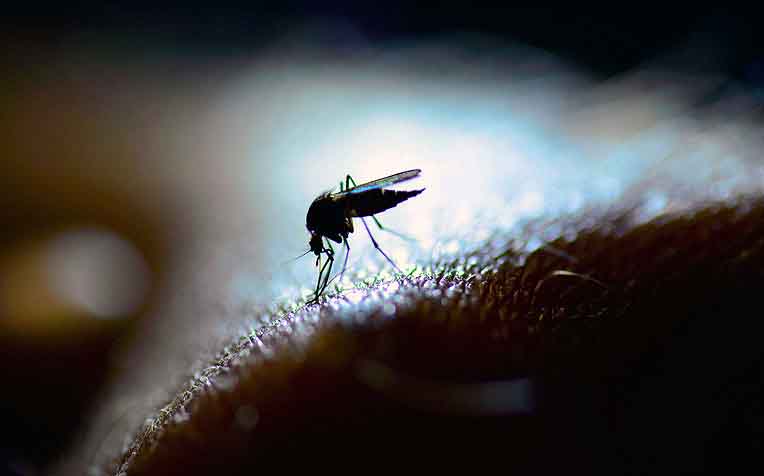
The number of dengue cases in Singapore have been on the rise recently. But apart from keeping your home Aedes mosquito-free, are there other ways to protect yourself and loved ones from dengue fever?
Dr Chua Ying Ying, Consultant, from the
Department of Infectious Diseases at
Singapore General Hospital (SGH), a member of the
SingHealth group, answers. (iStock photo)
Dengue fever is caused by the dengue virus and is transmitted through the bite of an infected Aedes mosquito.
Symptoms of dengue fever include:
- Fever
- Intense headache
- Body aches
- Joint pains
- Loss of appetite
- Nausea
- Vomiting
- Skin rashes
- Mucosal bleeding
Related article:
Aedes mosquitos can also spread another fever
There is no specific treatment for dengue fever, but adequate fluid intake and bed rest is important. Most patients recover within two weeks.
However, dengue fever can turn severe, leading to dengue haemorrhagic syndrome and dengue shock syndrome.
Related article:
Severe dengue – Symptoms to watch out for
"As an individual, you can play your part in the fight against dengue fever by protecting yourself and your home environment from the Aedes mosquito," says Dr Chua Ying Ying.
How to protect yourself and loved ones from dengue
You can protect yourself against dengue fever by taking the following precautions:
- Safeguard against mosquito bites
- Prevent mosquito breeding inside and outside your home
- Avoid visiting areas prone to mosquitoes
If you live in a neighbourhood identified as a dengue cluster*, or if you are visiting a dengue cluster or a mosquito-prone area, heed the following advice:
1. Apply mosquito repellent, ideally one containing DEET
- Apply it to exposed skin and/or clothing, using enough to cover the entire area. Do not apply it under clothing
- Do not apply it on cuts, wounds or irritated skin
- Do not apply it near the eyes or mouth, and apply sparingly around ears
- When using sprays, never spray directly on the face. Spray it on your hands first and then apply it to your face. Wash your hands afterwards
- Do not allow children to handle a repellent. When using it on children, apply it to your own hands first and then put it on the child. Avoid applying it to children's hands
- Do not use an insect repellent for infants under two months of age
2. Wear long-sleeves and long pants to cover your arms and legs
3. Use mosquito nets while sleeping
"If you or your child gets a rash or any other negative reaction from an insect repellent, wash it off with mild soap and water and stop using the product. Consult a doctor if the condition persists," advises Dr Chua Ying Ying.
Related article:
Precautions to take to keep your home Aedes mosquito-free
* A dengue cluster is formed when two or more dengue cases occur within 14 days and the homes of the dengue victims are within the distance of 150m. (NEA website)
--
Articles on
HealthXchange.sg are meant for informational purposes only and cannot replace professional surgical, medical or health advice, examination, diagnosis or treatment.